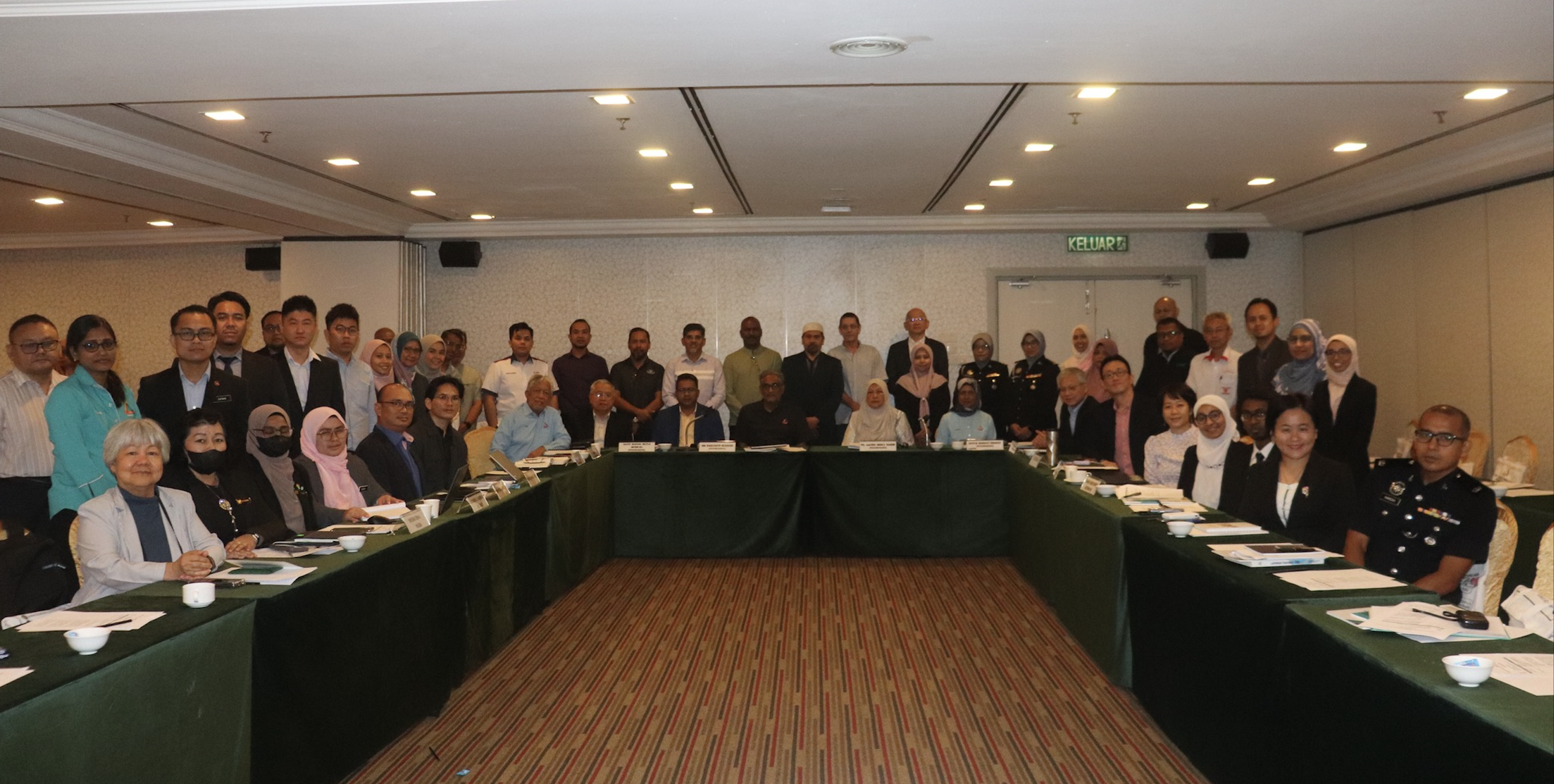KUALA LUMPUR – Proposed constitutional amendments to deny automatic citizenship to foundlings will end up burdening people living in Sabah and Sarawak, a human rights commissioner said.
Suhakam commissioner Datuk Mariati Robert said Sabah and Sarawak’s geography has left many indigenous parents without the “blue IC” or MyKad identification document that certifies them as citizens.
There are also permanent residents who hold a “red IC”, but once the Federal Constitution is amended to remove citizenship by operation of law for their newborns, they will have to apply and register the child for citizenship.
“With this amendment, they will have that right (automatic citizenship) taken away.
“These people are Malaysians. They were there since before Malaysia was formed. They just didn’t have proper documentation,” said Mariati at a press conference by Suhakam today to re-state the commission’s rejection of the proposed amendments.

Mariati, who was formerly Sabah attorney-general, was referring to Sabah and Sarawak’s geography, which borders Indonesia, and in Sabah’s case, is close to the southern Philippines as well.
Transportation difficulties from the interior areas of these states to have births registered are among reasons why some in remote areas do not have identification documents, rendering them stateless. There are also cases where marriages between indigenous persons are not registered.
Besides Suhakam, opposition to the amendments have come from civil society organisations and some government backbenchers.
They are concerned that removing rights to automatic citizenship based on birth in Malaysia will worsen statelessness among abandoned babies, children born to those without identity documents and whose marriages are not registered, and those born out of wedlock to a Malaysian father and foreign absent mother.
Under the amendments, citizenship for these groups of vulnerable children will be placed under Article 15A of the constitution on the home minister’s special powers to register children.
No empirical data to justify amendments
Suhakam commissioner Ragunath Kesavan, formerly a Bar Council president, today called the proposed amendments “the most regressive in the last 50 to 60 years”.
He also said Putrajaya has not supplied Suhakam with the figures requested to justify why automatic citizenship must be removed for foundlings.
Ragunath said empirical evidence is necessary if the government claims there is abuse of current citizenship laws.

“We’ve asked for it – how many thousands of applications that you believe is an abuse of the system.
“How many you have rejected on false declarations or information provided. Again, no data.
“So there is no empirical data to say why they want to proceed with this amendment,” said Ragunath.
Also present was Children’s Commissioner, Farah Sini Dusuki, who questioned how an abandoned baby taken in by the Social Welfare Department and raised in foster care, will be able to prove to the court that it does not know its biological parents.
She also said that while Home Minister Datuk Seri Saifuddin Nasution Ismail might be committed to expediting registrations, this might change under a new government.
“Will the new (home) minister be somebody with empathy for the hardship of people in these cases?
“It’s very hard for us to be assured, if you change this from constitutional inherent right, to be done by discretion, will you honour your word without causing hardship to people.”
Farah Sini also said the proposed amendments were being “rushed through” without proper consultation.
She said to date, Suhakam has not seen the actual bill of the proposed amendments, and has only been told of them in presentations by the Home Ministry.
“Yes, Suhakam has met them (the government) but it is not proper consultation. When we speak, you don’t listen.”
Article 15A on minister’s special powers to register a child for citizenship is also shrouded in secrecy, she added.
Currently, when an application for citizenship under this article is rejected, no reason is given, and the party concerned is reluctant to pursue the reasons for fear of subsequent rejections.
“(The person) is in limbo, is there a defect in the application? They don’t know.
“There is a serious trust deficit with the National Registration Department.” – March 13, 2024

